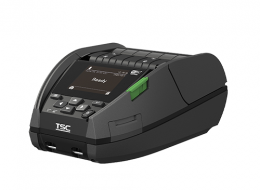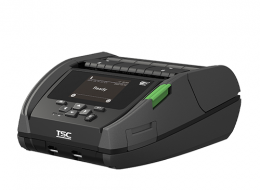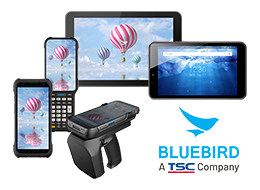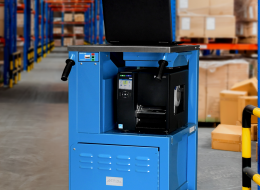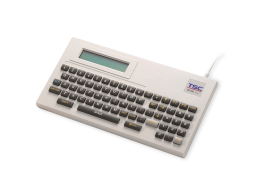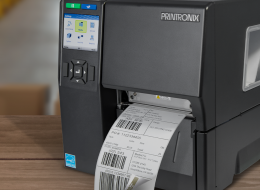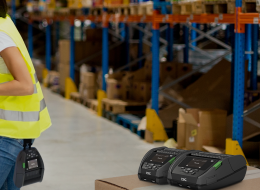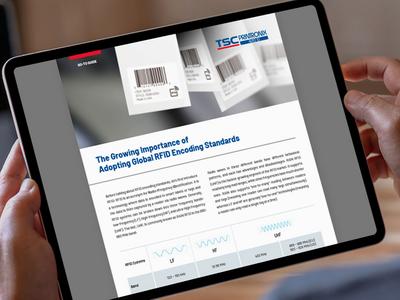A Quick Introduction to FSMA Rule 204

Our RFID Subject Matter Expert, Chris Brown, attended and presented at the AIM-sponsored FSMA 204 Webinar Session 3: Using Standards for Identification and Data Capture. During this session, updates were shared on FSMA Rule 204 and how standardizing the encoding of tags and labels might prove to be beneficial. For a recap of the first two sessions, you can look here. Below are key takeaways from session 3.
What is the FSMA Rule 204?
FSMA (pronounced “fizz-ma”) stands for the Food Safety Modernization Act. A segment of the FDA is extending existing mandates to include more food traceability. Rule 204 proposes requirements that would “help the FDA rapidly and effectively identify recipients of those foods to prevent or mitigate foodborne illness outbreaks and address credible threats of serious adverse health consequences or death.” Simply put, anyone who manufactures, processes, and/or packs food, will be required to establish and maintain records with certain Key Data Elements (KDE) containing specified data tracking information. With the rise of foodborne illnesses, improved tracking and tracing would be beneficial to consumers worldwide.
How will the new requirements be implemented?
This rule is set to be finalized in November 2022, with a two-year grace period for those affected to comply. However, there have not been any solidified standards on specific tag and label encoding. Many experts are suggesting RFID as a solution. RFID tags have excellent data capture abilities as they are fast, accurate, and don’t require a line of sight to scan. They also read quickly in bulk which is optimal for this type of tracking and tracing. In addition, RFID tags are small but have the capability to store a large amount of information on the tag or cloud.
Current Solutions and Key Data Elements (KDE)
GS1 recently published their Tag Data Standards 2.0, introducing new EPC encoding schemes. These new encoding schemes lend themselves to being a great solution for FSMA applications. Though the general consensus isn’t clear on which encoding scheme is best, most are in agreement with the KDEs that should be included. Similar to the SGTIN+ and DSGTIN+, the company, product, serial number, expiration date, and batch/lot number should be included on the tag with additional information available in the database. Currently, there is no agreed-upon standard for RFID encoding for FSMA as the FDA has yet to mandate one. Many are hopeful they will in the near future.
As FSMA Rule 204 continues to evolve, it’s important to stay up to date on how this might affect your enterprise. Look here for more information about the upcoming AIM webinar series on FSMA Rule 204.
For more information on RFID solutions for your enterprise, get started here. Read our blog for up-to-date RFID news and how to best incorporate these changes into your business.

